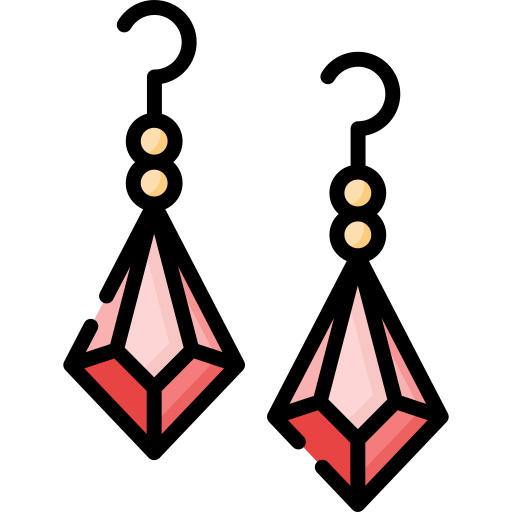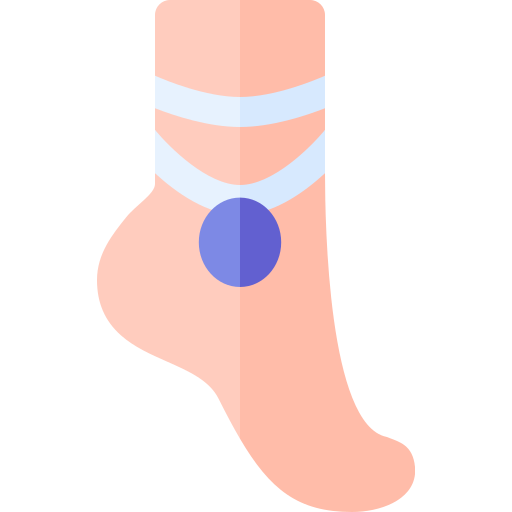I'm sure you've read many tips about self-help, self-improvement, self-care, and the like. I have too! I must admit, I’m in the same boat.
I remember summers upon summers wandering from lounge chair to towel with a book in my hand, learning how to take care of myself. And I was right to do so. Just as you were right, because this is how we start planting a seed. It's the seed of questioning the so-called "normal" we believed in until now. The idea that things are, should be, and will always be the way we were taught. And we were right to do it because otherwise, we wouldn't be wondering how we can take care of ourselves today.
But here's a thought! How do you know how to take care of yourself if you don't listen to yourself first?
For many years, I thought self-care was making sure I sleep well, figuring out how to eat right, and which foods are good for my body, how many calories my body needs to recharge. Finding time to exercise because it’s important to feel good about my body image, and also to have more stamina. Keeping journals to find out what my negative thoughts are and how to reframe them to get a better perspective. Reacting based on the idea that I want to make my own choices, thinking that this is how I set boundaries. Taking care of my outer appearance (not overdoing it, but sometimes seeing a nutritionist, once a month doing my nails, checking out a new haircut for a refresh, putting some hyaluronic acid on my lips because everyone does it, so I might as well do it too to look sexier according to today’s trends, and of course getting some facial treatments for glow and anti-aging). Did I say just a little or maybe I take care of my outer image more than I thought?
After all, it’s easier to focus on things that show right away, like makeup, haircuts, etc. But is this really self-care, or just camouflaging?
Maybe I’ve learned very well that I need to look good even if I’m not feeling good. But if I’m not feeling well, what’s the reason? So many facial treatments and yet I’m afraid I’ve buried what was really bothering me.
Of course, I’m not saying all these things aren’t nice, or that they don’t improve your mood. Of course, they do. But the motivation behind what you’re doing matters. Could it be that all these are just temporary reliefs? Like drinking or having one-night sex?
And when you look good on the outside but you're not good on the inside? And I’m not just talking about psychological health. With all this hyaluronic acid, even the natural fatigue under your eyes might not be visible. How well do you hide, with the life you've chosen to live, other health issues that are there waiting for the right moment to surface? They didn’t happen by chance, you know. They’ve always been there, and you kept forgetting about them with everything else and didn’t do anything to get rid of them. Maybe they whispered quietly at first, and were too soft to wake you from all the distractions you were absorbed in, thinking everything was fine.
That's how it goes – they whisper at first, and then slowly grow louder, and it depends on how absorbed you are with everything else when you’ll hear them and decide to do something about it. But you need to know that wild beasts can only coexist with you when you tame them, or they’ll devour you. And this requires your effort to happen. And I know, believe me, that it’s not easy – in fact, it’s very difficult.
Have you ever wondered who you’re really taking care of when you care for your body and appearance? Is it truly for you? Or is there a deeper voice reminding you that you’re judged for everything, even for the little dents that appear under your eyes as you age, or for your bloated belly because you're too stressed lately? Maybe there’s a voice that makes you constantly wonder if you’re truly enough? Whose voice is this? Is it yours? And if not, why have you chosen to keep it around and listen to it? Could it be so mixed with your own that you can’t even tell them apart anymore? But it’s not your voice, and you owe it to yourself to discover which is your true voice. This is how you begin to listen to yourself. Don’t think it’s easy, there’s still a lot more to go. As you walk this path, you’ll discover that there are many voices tangled with your own, and it will require patience and persistence to untangle them.
So, if you’ve reached a point where you don’t know if it’s you or someone else talking to yourself, it means that inside of you, there’s a child who wasn’t taught to listen to its own voice. Instead, it was taught to listen very well to the voices of others, because it was there to serve needs, to fill gaps, to fuel emotions, to add to the image of its parents. It learned to do many things but never learned how to listen to itself. It never learned the basics, like recognizing its needs and emotions. And now you’re angry at it for leaving you exhausted, for not having the energy to party or go to that restaurant you’ve been wanting to visit. For not having the energy to dress up and go out, even though you spent so much on that new outfit. Do you know why? Because that child is already exhausted. And when you want to take it out with you to have fun, it’s running a fever and can’t go, and you’re angry with it for ruining your plans. But you’re doing the same thing everyone else did – you don’t listen to it, you don’t give it space to say what it needs. You’re doing exactly what you were taught to do, and then you wonder why things go wrong and you end up getting sick. But that child never even learned to speak.
Maybe that’s what self-care is – teaching it to speak up so you can finally hear it. Unfortunately or fortunately, it’s your responsibility to raise it. You need to turn around and look that little child in the eyes, the one that’s been sitting there quietly for all these years, waiting for you to love it and save it. Only you can do that!
And I wonder, if you don’t learn to love this first, how will you learn to love anyone else? Embrace it – it needs you! I know there’s a lot of work ahead, but believe me, it’s worth it!
Most of us, unfortunately, don’t even have access to our personal story. We avoid it because it hurts. We continue to glorify situations to avoid suffering something unbearable. But by doing so, our past defines our present. We continue to fear and avoid risks that may have been real in the past but are no longer relevant today. This way, we are guided by unconscious memories, repressed emotions, and unmet needs, which, as long as they remain unconscious and unclear, shape everything we do or don’t do.
One important tool in all of this is getting closer to the idea of self-compassion. Self-compassion has nothing to do with self-pity, but involves warmth and acceptance of ourselves in moments of failure and pain. This pain may come from external circumstances, but it may also come from our own actions, failures, or personal weaknesses. The concept of self-compassion consists of three main characteristics:
- Kindness toward ourselves
- Understanding of our negative sides
- The sense that flaws and negative experiences are part of the overall human experience.
In short, we may have negative thoughts (because this always happens and will continue to happen in one way or another), but at the same time, we need to maintain a sense of balance. We are human, we have imperfections, and we make mistakes – and that’s universal. After all, it’s our imperfections that make room for everyone, and that’s unique in itself!
Exercise for more self-compassion (Karakassidou et al., 2020):
"First, take a pencil and paper and make some notes. Think of times when your best friend was going through a difficult period, feeling bad about themselves and being self-critical. Remember these instances and think about how you would speak to them. What tone would you use? Would you be critical? Kind?
Next, think about similar situations where you are the person suffering and thinking negatively about yourself. How do you treat yourself? How do you speak to yourself? What tone do you use?
Do you notice any differences between the first and second situations? In which case are you more compassionate? If you notice differences, think about why this might be and what factors or fears might be causing you to behave differently toward others and toward yourself.
Finally, think about and note whether things would change if you spoke to yourself in the same way you would speak to your best friend."
(Stalikas A, Iotsidis, B. & Karakasidou, E. (2020). Achieving Prosperity. Athens: TOPOS Publications)











